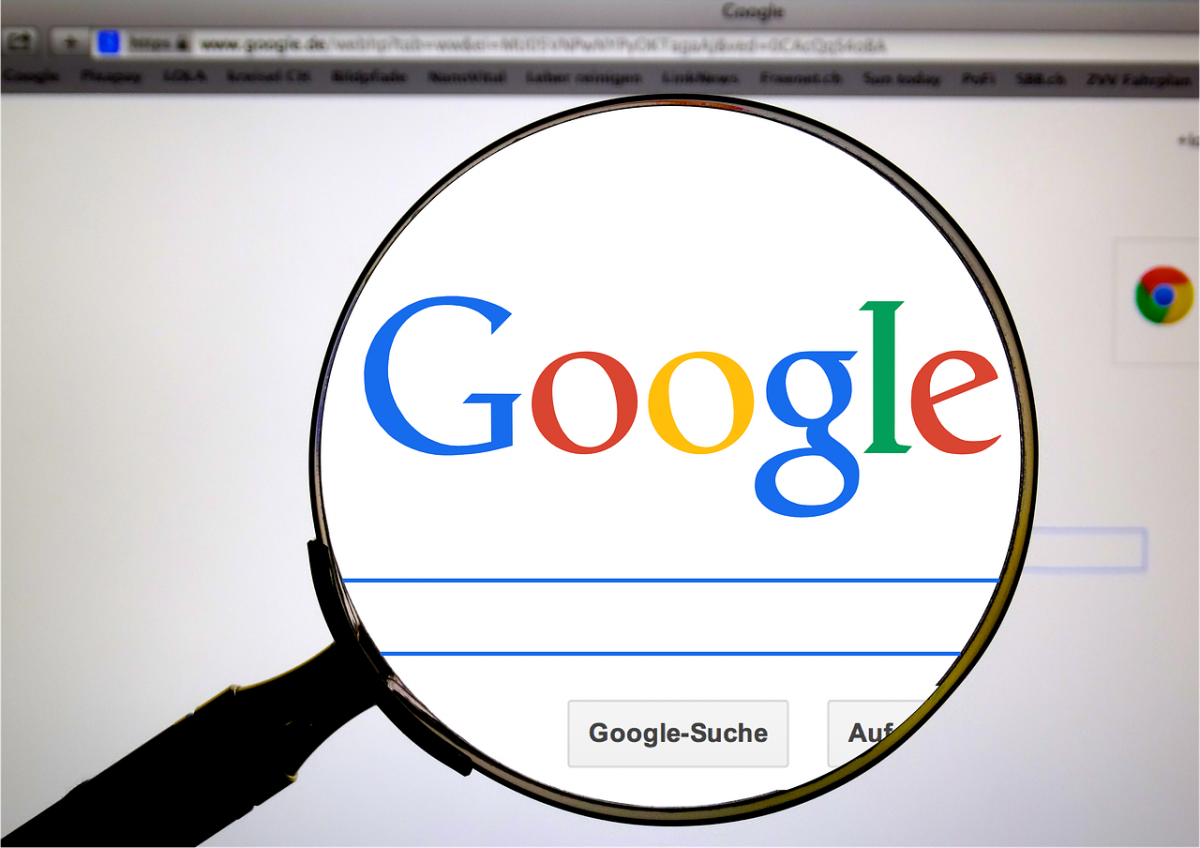In which year became Thomas Jefferson president of the United States of America? What is the atomic number of sulfur? Who composed the Soundtrack of Inception, and why do I still have zero matches on Tinder?! We have a lot of questions every day. And while we know the answer to some of these questions immediately (Hans Zimmer composed the Inception Soundtrack), for most questions, we have to do some research. However, no one goes to the library and reads a book to find an answer; we use Google. Few people doubt that Google made the lives of billions easier – but how does it affect your brain when the information you look for is always at your fingertips?
No one knows everything. Considering how complex our world has become, it is just impossible to know it all. But that is not necessarily bad: Everyone knows someone that is good at something. If I need to change a tire on my car, I can probably ask my weird uncle Terry (whom I have not talked to in months) how to do it. When I want to create a new workout plan, I have friends who can provide me with the latest broscience. That way, I have a resource for many questions. Google, however, is different: It is effective, fast, and surprisingly accurate. Also, it is safe to say that Google has an answer to almost every question. At the very least, it provides you with the necessary information to answer it yourself. In that regard, Google is superior to every other form of information gathering. Usually, Google is even faster than the human meat computer. It is simply not worth remembering little things. Researchers call this phenomenon the „Google-Effect“ or „Digital Amnesia“ (Decker, 2015; Sparrow, 2011). However, that does not mean that Google makes us stupid. We don’t bother remembering information as we trust that Google can provide us with that information in less than a second (Siler, 2013). One study from Sparrow et al. (2011) found that people who did a Google Search had „lower rates of recall of the information“. However, a majority of participants could remember where they found the information. It seems that it becomes less relevant to recall information and more important where to find information.
Google as a substitution (or extension) to the brain may sound worrying. But that is only one side of the coin. Richard Heersmink (2016) found that Digital Amnesia can have positive results by freeing up cognitive resources. That way, more resources become available for other cognitive tasks (Heersmink, 2016). Progress has always made people anxious. The concern about a deterioration of memory is also not new: Authors criticized televisions because they thought they would lead to an underdeveloped brain (Brdicka, 1997; Gentzkow & Shapiro, 2006; “Television: Does It Damage Your Child’s Brain?”, 1977). Of course, innovations – especially when they change our lives so radically – must first be carefully scrutinized. But neither Google nor the invention of the television has made people more forgetful. We do not stop thinking – we think about other things because the information is available at our fingertips.
Sources:
Brdicka, B. (1997). The influence of technology on the human mind. Charles University Prague Faculty of Education. http://it.pedf.cuni.cz/~bobr/hmind/
Decker, H. (2015). Die digitale Amnesie. Frankfurter Allgemeine Zeitung. Published. https://www.faz.net/aktuell/wirtschaft/netzwirtschaft/das-smartphone-macht-uns-laut-studien-vergesslicher-13847379.html
Gentzkow, M. A., & Shapiro, J. M. (2006). Does Television Rot Your Brain? New Evidence from the Coleman Study. SSRN Electronic Journal. Published. https://doi.org/10.2139/ssrn.862424
Heersmink, R. (2016). The Internet, Cognitive Enhancement, and the Values of Cognition. Minds and Machines, 26(4), 389–407. https://doi.org/10.1007/s11023-016-9404-3
Siler, J. (2013). Generation and the Google Effect: Transactive Memory System Preference Across Age. HIM 1990-2015. . Retrieved from https://stars.library.ucf.edu/honorstheses1990-2015/1510
Sparrow, B., Liu, J., & Wegner Daniel, M. (2011). Google Effects on Memory: Cognitive Consequences of Having Information at Our Fingertips. Science, 333(6043), 776-778. doi:10.1126/science.1207745
Television: does it damage your child’s brain? (1977). Media Asia, 4(1), 14. https://doi.org/10.1080/01296612.1977.11726948

